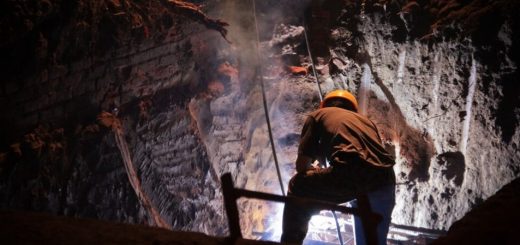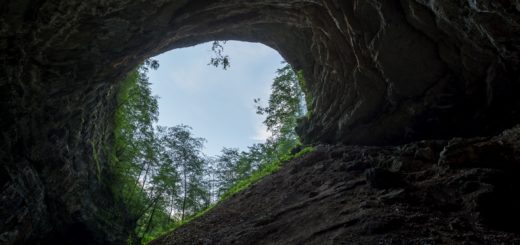Psychological Aspects of Extreme Caving
Extreme caving, or spelunking, is an adventure sport that involves exploring wild cave systems. Unlike recreational caving, which might involve guided tours through well-known and relatively safe caves, extreme caving pushes the boundaries of human endurance and resilience. It involves navigating narrow passages, diving through underwater tunnels, and descending into dark, uncharted depths. While the physical challenges are evident, the psychological aspects of extreme caving are equally significant and warrant a closer examination.
Isolation and Loneliness
One of the primary psychological challenges of extreme caving is isolation. Deep within the earth, far removed from the surface and any form of communication, cavers can experience profound loneliness. The lack of natural light and the absence of external stimuli can lead to a heightened sense of isolation. This solitude can be mentally taxing, especially during extended expeditions. Cavers must be mentally prepared to handle long periods of being alone or only in the company of a small team.
Darkness and Sensory Deprivation
Caves are inherently dark environments. The complete absence of light, except for what is brought in by the cavers, can be disorienting. Prolonged exposure to darkness can affect mental health, leading to conditions such as depression and anxiety. Sensory deprivation, a state in which an individual receives little or no sensory input, can cause hallucinations and a distorted sense of time and space. Extreme cavers must train to remain focused and calm in such environments, often using techniques such as controlled breathing and mindfulness.
Fear and Anxiety
Fear is a natural response to the unknown and the potentially dangerous. In extreme caving, fear can be triggered by numerous factors: tight spaces, the possibility of rock falls, flooding, or getting lost. Managing this fear is crucial for cavers. Anxiety can cloud judgment and lead to poor decision-making, which can be fatal in such an environment. Experienced cavers often undergo rigorous mental training to manage fear and anxiety, using visualization techniques and gradual exposure to increasingly challenging situations to build confidence and resilience.
Team Dynamics and Trust
In extreme caving, teamwork is essential. Trust among team members can mean the difference between life and death. The psychological dynamics within a team can impact the overall success of an expedition. Effective communication, mutual trust, and the ability to work together under pressure are critical. Cavers often form strong bonds with their teammates, as they rely on each other for safety and support. Any discord or lack of cohesion can escalate stress levels and compromise the mission.
Coping with Uncertainty
Uncertainty is a constant companion in extreme caving. The unpredictable nature of the environment means that cavers must be prepared for unexpected challenges at any moment. This uncertainty can be a significant source of stress. Developing a flexible mindset and the ability to adapt to changing circumstances is vital. Cavers often use problem-solving skills and maintain a calm demeanor to navigate the uncertainties of the underground world.
Psychological Preparation and Training
Given these psychological challenges, preparation for extreme caving goes beyond physical fitness. Mental training is equally important. Cavers engage in exercises to build mental toughness, such as visualization, meditation, and controlled exposure to stressors. Training scenarios that simulate real cave conditions help cavers develop coping mechanisms and resilience. Mental health support, including counseling and debriefing sessions, can also be beneficial, especially after particularly challenging expeditions.
Conclusion
Extreme caving is not just a test of physical endurance but a profound psychological challenge. The isolation, darkness, fear, and uncertainty that cavers face require robust mental preparation and resilience. By understanding and addressing these psychological aspects, cavers can enhance their ability to navigate the subterranean world safely and effectively. The mental fortitude developed through extreme caving can also translate to other areas of life, showcasing the profound impact of this extraordinary adventure sport.


